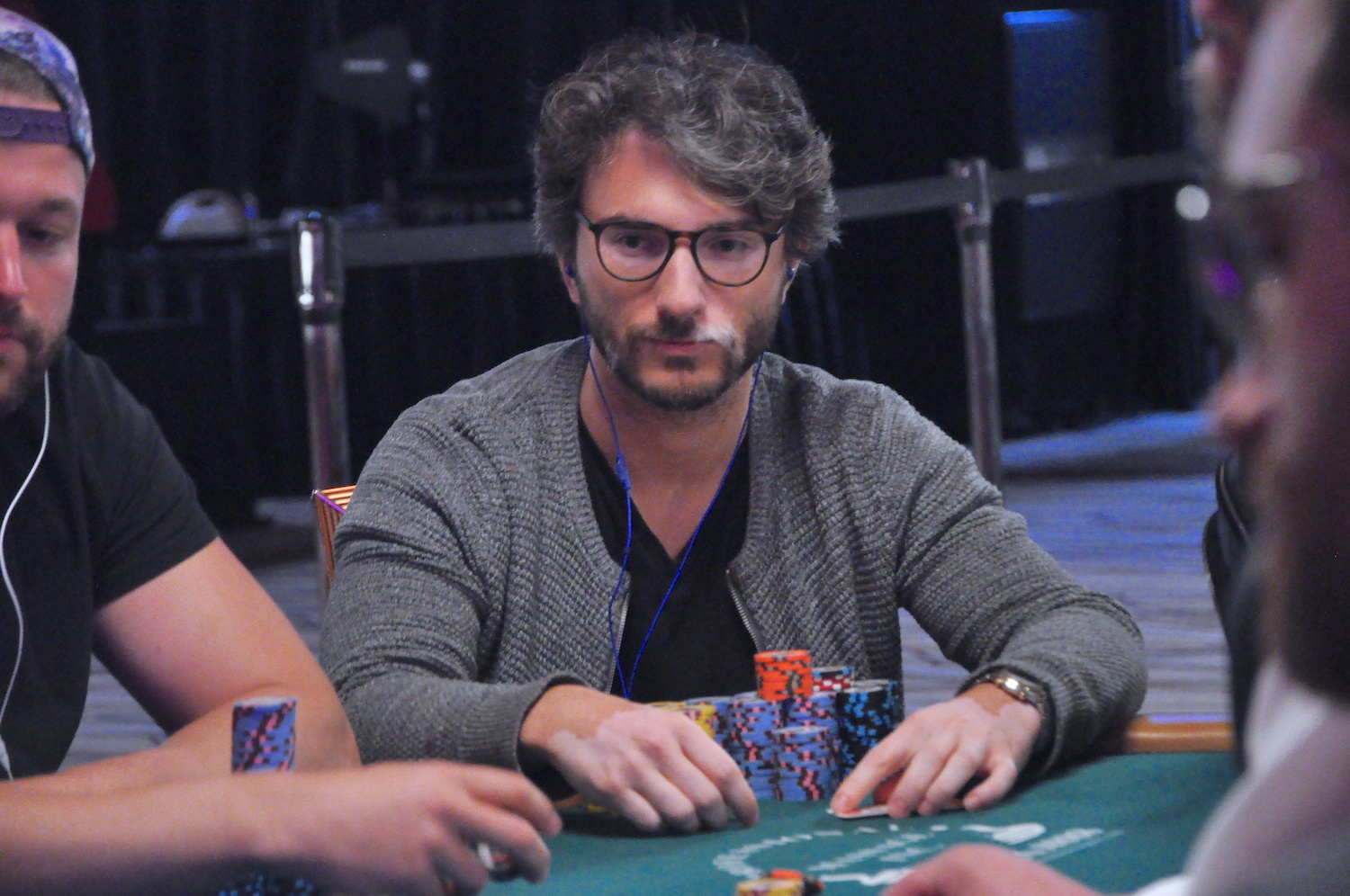Fold Termine Poker
Fold is an action of a player during a poker game when he discards his cards and refuses to participate in the hand. All the bets the player made before he give up remain in the pot. The player who made the fold is able to continue playing only after the current hand is over, that means in the next hand.
The action fold in poker is also called: put down the cards, fall down, pass, to make a pass, give up, quit a hand.
Folding is the least sexy topic in poker. Folding is just sofinal. Your cards hit the muck, you concede the pot to your opponent, and you’re off to the next hand. But the honest truth is that poker players fall into two main categories. A player is said to be folding their hand if they discard it when it is their turn to take an action in a betting round. In most poker games, folding is done by returning the hand to the dealer, or by placing it in the muck yourself. Folding does not cost the player anything in money, but also does not gain the player anything monetarily. Once a player has folded, they may no longer rejoin the.
Fold Termine Poker Games
The player folds his pocket cards in the case he is uncertain in the strength of his hand and refuses to call the bets of the opponents.
Most of the rookies retract the possibility to use the fold button to the last moment as they consider it (fold action) a sign of weakness. Actually, fold can bring you even more money (to save the money) than raise as the saved chips are the won chips.
Example: 'After my opponent made the turn raise, I decided to fold as I wasn’t sure in my hands strength'.
Fold Termine Poker Table

Fold Termine Poker Rules
Knowledge base's sections
The best about poker
- Five reasons why I've made money and continue doing this playing pokerThe psychology of poker
- The fundamental theorem of pokerPoker theorems
- The probabilities of getting specific starting hands on preflopPoker mathematics
If you fold your hand in poker, you lay down your cards and stop playing the hand. A fold can happen at any point in the play when it is your turn to act. Folding in poker means you are out for that hand. You no longer will have any claim on the pot and you won't be required to put more money into the pot for that hand. It's also known as lay down and muck.
The Right Way to Fold
When playing at a poker table, you should wait until it is your turn to act before you fold. While you may have been dealt poor cards and you would love to toss them in immediately, you need to be patient and wait for the other players ahead of you to fold, call, or raise. If you make your fold out of turn you will earn the disapproval of the others at the table as you are giving information to those who have the action before you. Those who had yet to act on the hand will know there is one less person to call and add to the pot or with the potential of raising the pot further. This can affect their decision to call, raise, or fold.
If you're playing online, you can often program the action in when you view your cards, but at a live table, you need to wait.
Place the cards face down and, out of courtesy to the dealer, slide them forward enough so the dealer can easily rake them into the muck pile. You may also say 'fold' or 'I fold' verbally before you discard your cards face down. Once you indicate a fold, you can't change your mind and re-enter the hand.
You should not expose your cards to the other players when you fold. Don't get fancy with your tossing action and risk one flipping to be exposed. If you do this more than once you are likely to get a further admonishment from the dealer.
It also is unusual to fold rather than check if you have the option to check, such as after the flop, turn, or river. Usually, you would check and then fold if there is a raise.
Fold Termine Poker Game
The Hero Fold
If you are folding on the final play of the hand, such as after the river cards have been dealt and your opponents have made all of the plays they can make, some players might expose one or both cards to show they have made a hero fold. For example, the river card has been dealt and you are in the hand with only one other opponent, who goes all-in. You decide it's time to fold 'em because you know they are a tight player and it's likely you will lose the hand. But you're holding a decent hand and you decide to turn over cards when you fold to show what you had. In this case, you won't get an admonishment from the dealer because you aren't giving information to any player who still has action in the hand.